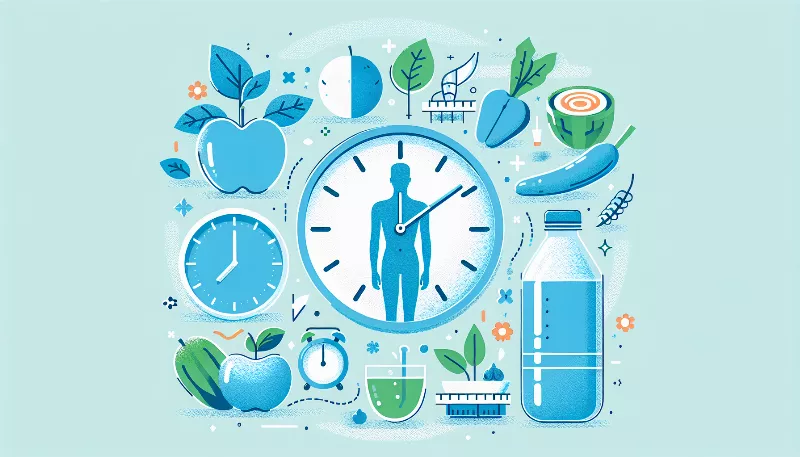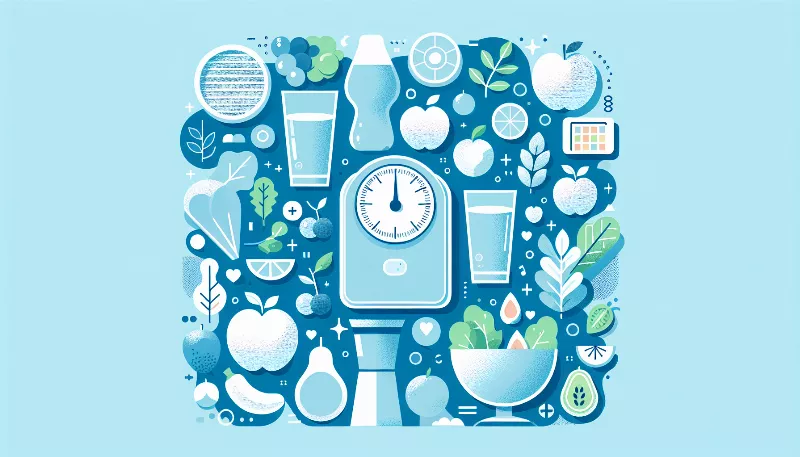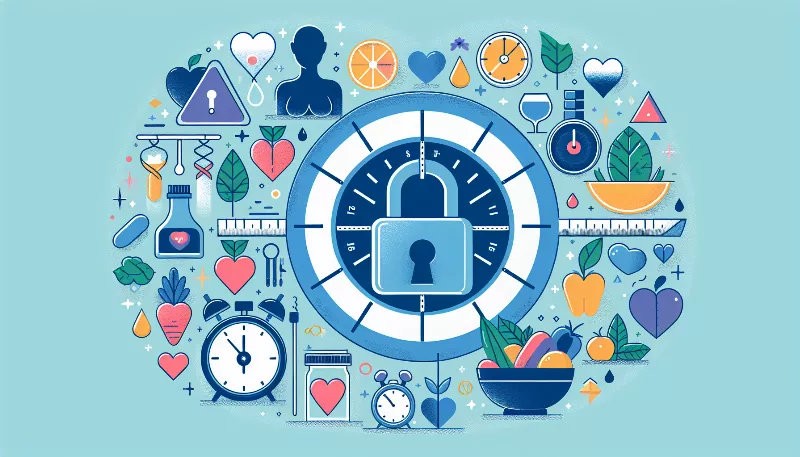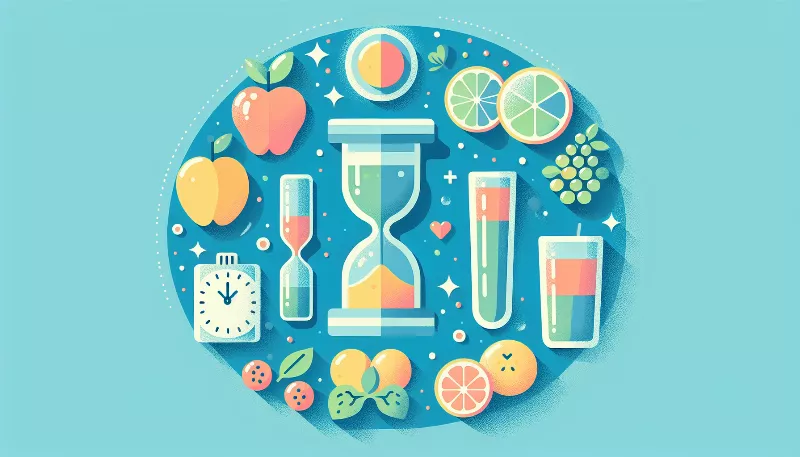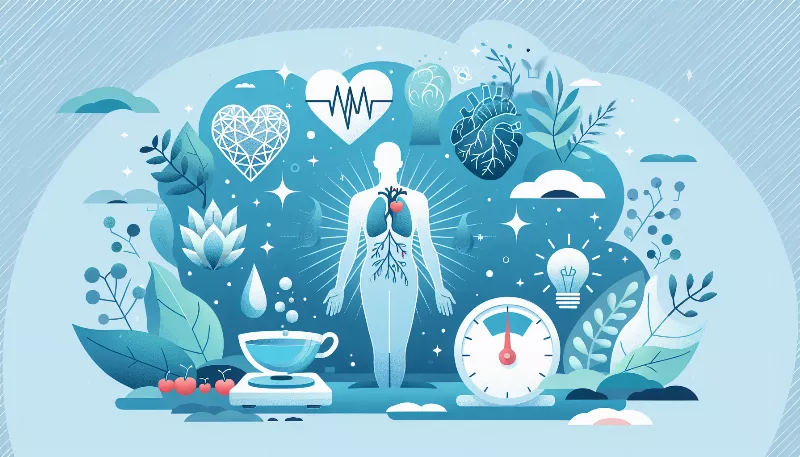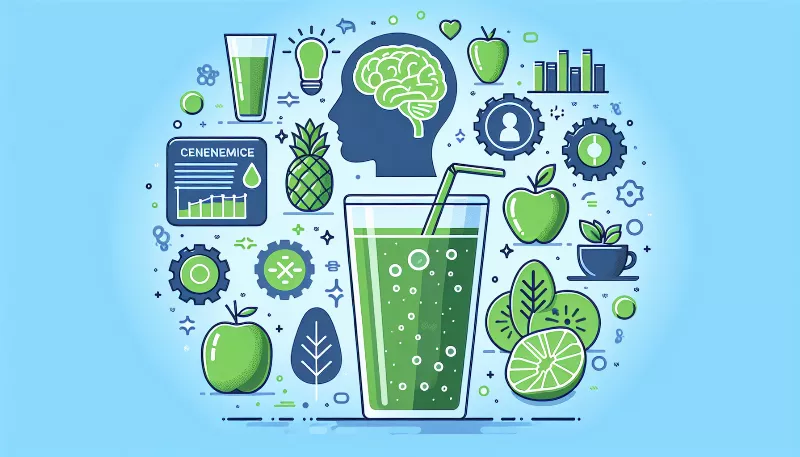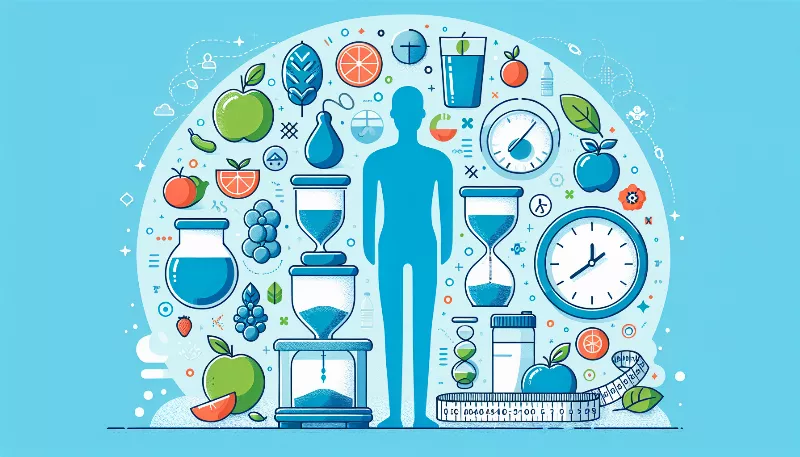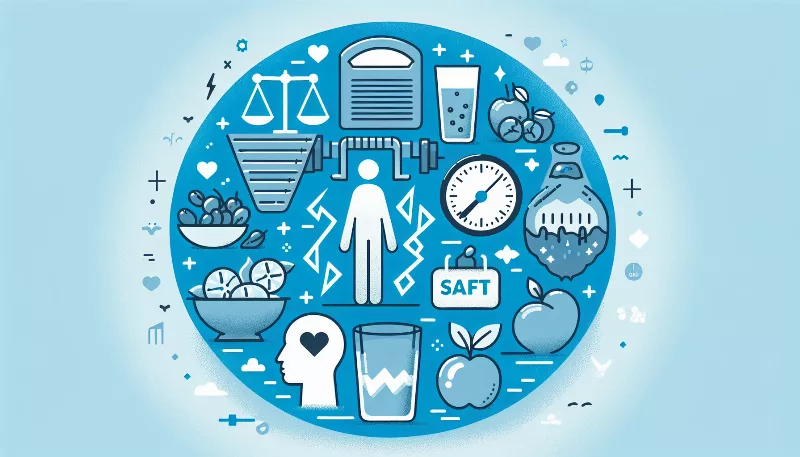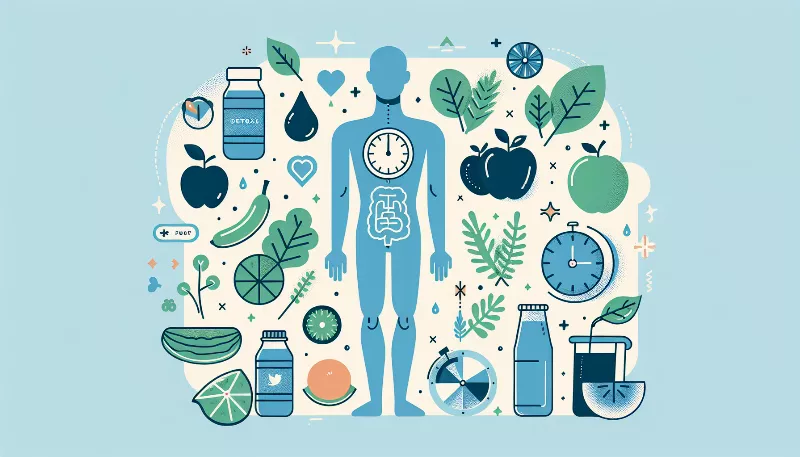What role does fasting detox play in enhancing the body's natural detoxification processes?
Discover how fasting detox boosts your body's self-cleansing ability. Learn the science behind fasting for effective natural detoxification.
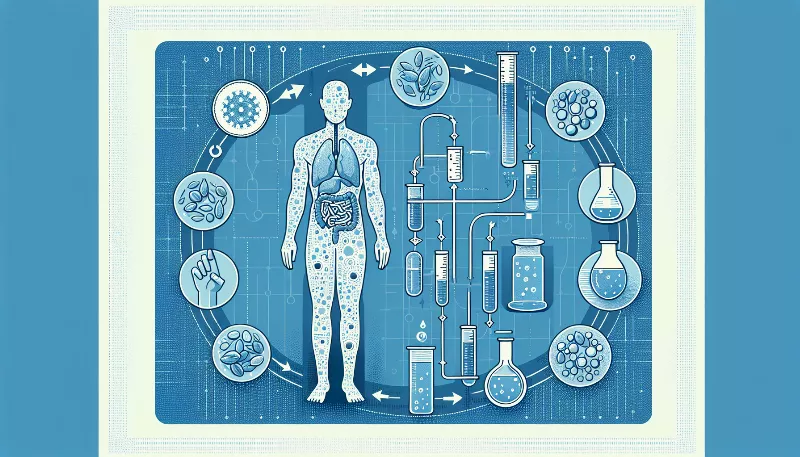
Introduction to Fasting Detox
Have you ever wondered how you could give your body a natural boost in flushing out toxins? Enter the ancient practice of fasting detox, a time-honored tradition that has been rejuvenating bodies and spirits for centuries. This isn't just about weight loss; it's about giving your body a much-needed break and allowing it to engage in deep cleansing and repair. Let's dive into the fascinating world of fasting detox and discover how it can amplify your body's innate detoxification processes!
The Science Behind Fasting and Detoxification
When we fast, our bodies switch gears from the normal 'digest and absorb' mode to a 'repair and detoxify' state. Without the constant influx of food, the body turns to its stored reserves for energy, primarily fat cells, which also happen to be where many toxins are stored. As these fat cells are broken down for energy, the toxins are released and can be more effectively processed by the liver, our detox powerhouse. Moreover, fasting has been shown to promote autophagy, a cellular 'cleanup' process where cells remove and recycle damaged components. This not only helps in detoxification but also in preventing diseases and promoting longevity.
Enhancing Your Body's Natural Detox Pathways
Fasting detox is like hitting the reset button on your body's natural detox pathways. By reducing the intake of new toxins from food and the environment during a fast, you lessen the burden on your liver and kidneys, the primary organs responsible for detoxification. This allows them to work more efficiently in processing and eliminating the toxins that have built up over time. Additionally, fasting can improve circulation and promote better lymphatic function, further aiding in the removal of waste products from the body.
Types of Fasting Detox Approaches
There are various ways to embark on a fasting detox journey, each with its own set of benefits. Intermittent fasting, for instance, involves cycling between periods of eating and fasting, which can range from 16-hour fasts to full-day fasts a couple of times a week. Extended fasting, on the other hand, typically lasts for more than 48 hours and should be approached with caution and ideally under medical supervision. There's also the time-restricted feeding window, where you eat all your meals within a certain number of hours each day. Whichever method you choose, the key is to listen to your body and find a rhythm that works for you.
Maximizing the Benefits of Fasting Detox
To truly harness the benefits of fasting detox, it's important to prepare your body before diving in and to break your fast gently. Start by gradually reducing your intake of processed foods, caffeine, and sugar before your fast. This will make the transition easier and reduce potential withdrawal symptoms. When breaking your fast, opt for light, easily digestible foods such as fruits, vegetables, and broths before gradually reintroducing other foods. Hydration is also crucial during fasting, so be sure to drink plenty of water and herbal teas to support the detox process.
Conclusion: Embracing a Healthier You
Fasting detox is more than just a fleeting health trend; it's a powerful tool that can significantly enhance your body's natural detoxification processes. By giving your digestive system a break and allowing your organs to focus on detoxification, you're paving the way for improved health and vitality. Remember, fasting detox should be approached thoughtfully and with respect for your body's limits. With the right mindset and preparation, you can unlock the rejuvenating power of fasting and step into a healthier, more vibrant version of yourself!

